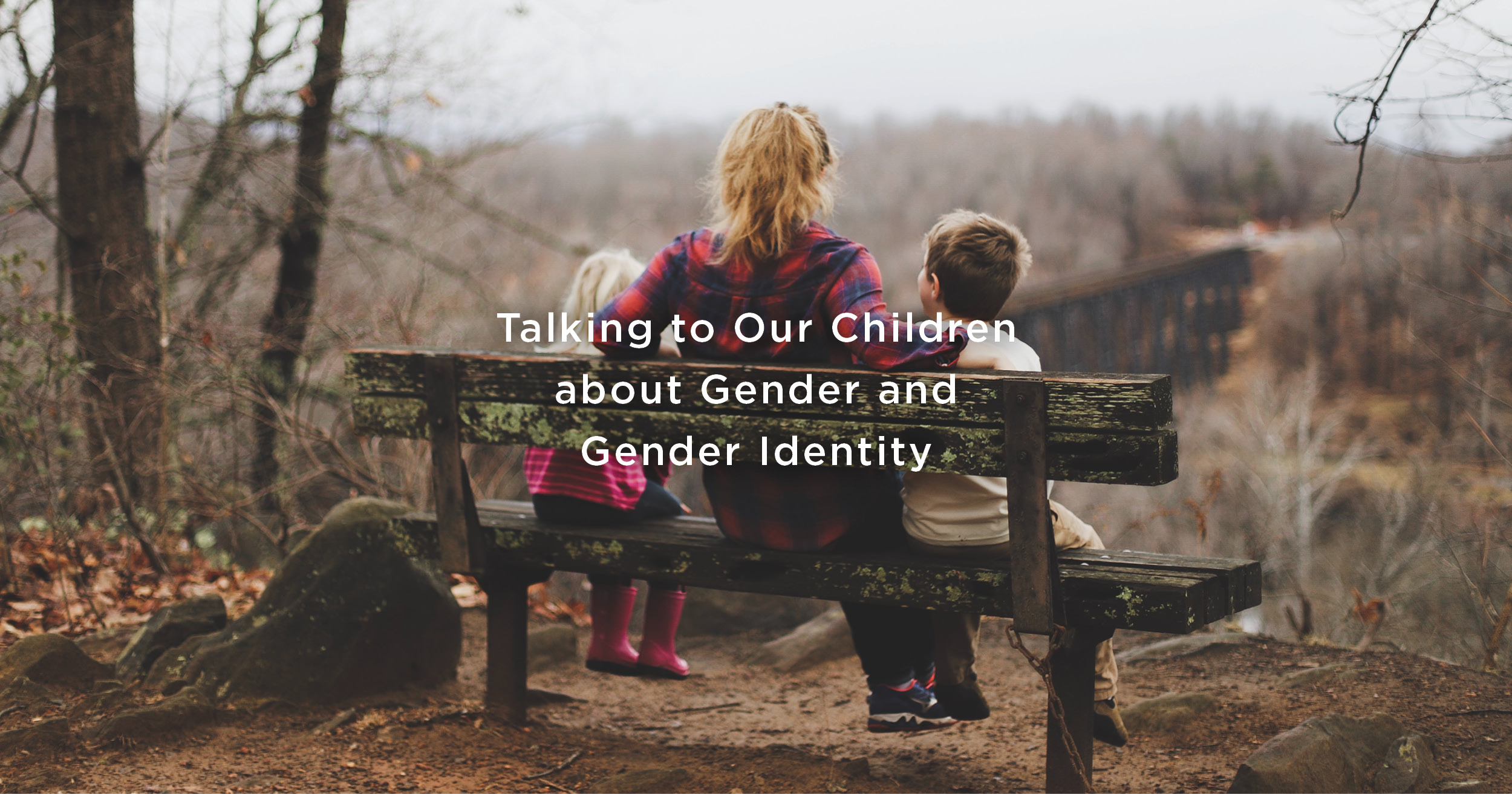
A friend of mine recently preached on gender. He found that all the parents wanted their teenagers in the sermons. When it comes to gender, we know that things have moved fast and we need help.
So God created mankind in his own image,
in the image of God he created them;
male and female he created them.[1]
There are two headlines in the story of our creation:
To be male or female is who we are. It is a privilege and honour to be made male or female by our Creator. He has judged it to be significant. We can tell our children that the Lord delights in their boy-ness or their girl-ness.
Those conversations start early. Most parents have had very peculiar conversations with their young children when either parent or child or both were not wearing clothes. Our bodies have been handmade and we thank God for them as a unique gift given individually to us. We thank him for the distinctives of our gendered body, which he chose and made, wonderfully and fearfully. We can learn to share his delight in his handiwork.
Unhealthy gender stereotypes tell us that bodies must be used in certain ways: girls do craft and boys play football; girls are emotional and boys are methodical. Christian culture can place a burden on boys and girls that the Bible does not. In reality, the girl who loves rugby and never wears a dress is not a tomboy: she is just a girl who likes playing sport in a tracksuit.
It is ok for a boy to be different to other boys. He is still a boy. The right response is neither to panic and prevent him doing so, nor to jump to the conclusion that he is in “the wrong body”.
We can say that God has made men and women in such a way that they tend towards particular characteristics. Girls generally seem to be better at communicating and engaging well with others to understand their needs. After puberty, boys’ bodies are usually stronger than girls’ bodies. Whatever the trends, it is right for all children to learn that whatever strength or advantage they have, they should follow Christ in using it to protect those more vulnerable than themselves.
Every cell of our bodies is either male or female. God has created us to be thoroughly one sex or another (apart from the few people who are born intersex). There is a “givenness” about our sex. This stands against the current phenomenon of gender identity, which proclaims that we can choose which gender we are based on which gender we feel we are.
There have always been a number of pre-pubescent children who did not feel like they fitted into the cultural stereotypes. Perhaps a boy likes to wear dresses, choose pink or play with glitter. It is ok for a boy to be different to other boys. He is still a boy. The right response is neither to panic and prevent him doing so, nor to jump to the conclusion that he is in “the wrong body”. We need to leave children to play and to help them to enjoy the bodies God has given them.
Christian culture can place a burden on boys and girls that the Bible does not.
It is a rare teenager who always likes their body and wouldn’t consider some way of “opting out” of who they are and how they feel. Instead of talking through their concerns in a trusted relationship, identifying as transgender and/or transitioning is held out as a way to escape these feelings and situations.
It is intimidating and bewildering to be a parent in this fast-changing culture. But while this specific situation may be new, parenting unhappy and confused teenagers is as old as the hills. Many generations of teenagers have had to live through greater trauma and distress than ours. In God we have a rock, an unshifting secure foundation on which to build our lives.
This is an edited excerpt from Raising Confident Kids in a Confusing World by Ed Drew. Ed Drew is the Director of Faith in Kids, which exists to see confident parents and thriving churches raising children together to trust Jesus eternally.
[1] Genesis 1:27